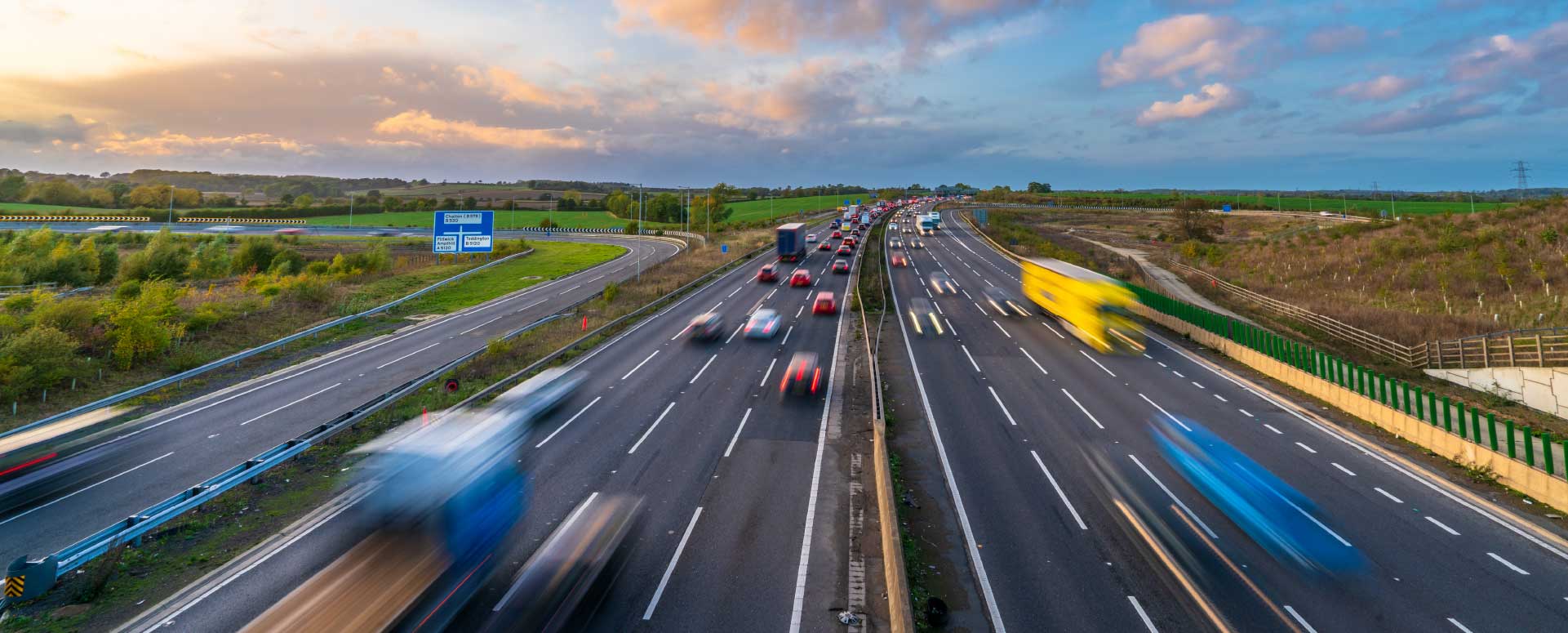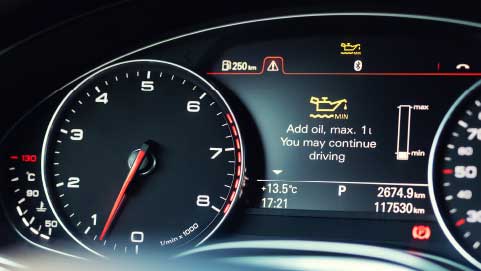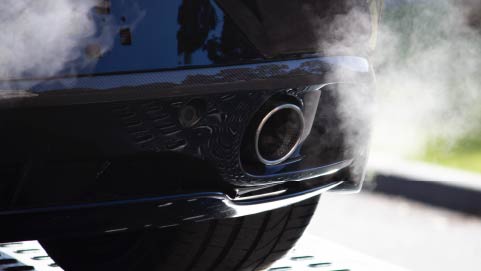Exploring the cost of speeding
Are you guilty of breaking a speed limit? Ever been caught speeding and was the recipient of a fine? Or attended a safety awareness course? The answer for a large majority of drivers is probably a yes. But speeding can have a number of implications for drivers and business owners.
Speed limits stipulate the absolute maximum speed a vehicle can travel safely on a particular road. However, this does not mean that the speed is safe or advised in all conditions and for all types of vehicles. To exceed a speed limit it to commit an offence which makes you liable to facing a penalty.
The roads in the UK are well-equipped with speed cameras, and it can often feel that the dreaded speed camera is everywhere, trying to catch drivers out who are simply 'putting their foot down'. However, this is certainly not the case.
You will not be surprised to discover that speed plays a huge role in road traffic collisions. In 2016, there was a reported increase in road casualties compared with the year ending June 2015. There was a recorded increase in both road deaths to 1,800 and the number of those killed or seriously injured with figures reaching 24,620. Sticking to the speed limits is crucial for safe driving. Not only this, but there are a number of other consequences associated with speeding which are not within the interests of a business.
What are the costs of speeding?
Sticking to the correct speed limits is beneficial for drivers and business owners for a number of reasons. Not only does it lessen the chance of causing an accident, but also means you can drive in a more sustainable, economical and efficient way. So next time you think about getting somewhere a little quicker, there are a few things you should consider.
Fines
Drivers caught speeding will face a minimum penalty of £100 which can be a large cut to a person's wage, in addition to having three penalty points added to their licence. Not only are the drivers at fault when caught speeding, but new legislation places more emphasis on the responsibility of senior management and owners. For a business owner, choosing to ignore speeding offences puts them at risk under Health and Safety at Work laws.
Other Costs
Speeding is not an economical way of driving and by sticking to speed limits you can effectively reduce fuel consumption, meaning you get more miles to the gallon. Driving at 80mph will use up to 25 percent more fuel than driving at 70mph.
Not to mention, there could be personal costs to your business. With employees feeling under pressure at work and speeding as a result, it can mean that they have to take periods of leave from work.
Technology
Thanks to advances in vehicle technology, it is now possible for fleet vehicles to feature speed and performance monitoring equipment, such as speed limiters and telematics; perhaps something to consider when choosing your next fleet vehicle.
Speed limiters work by limiting the maximum speed, meaning that a vehicle with one fitted may not be able to reach the limit. The following are required to have them fitted; good vehicles with a maximum load of more than 3.5 tonnes and vehicles with more than eight passenger seats.
In collaboration with the Freight Transport Association
Recognised by the Freight Transport Association as a Van Excellence Bronze Partner, Pendragon Vehicle Management are working to improve standards in van fleets across the country. We are doing this through a variety of means, whether through driver training or enhancing safety standards through the use of the vehicle conversions and speed limiters.






